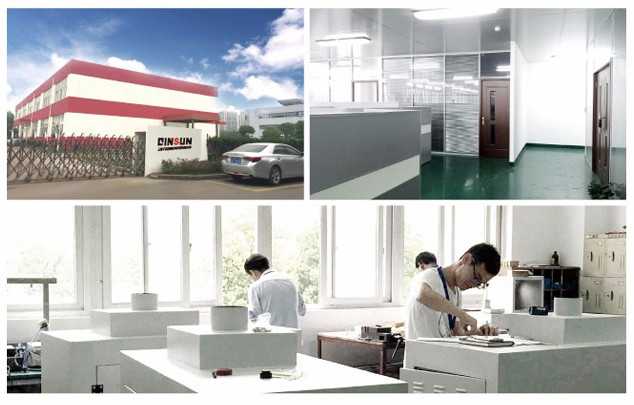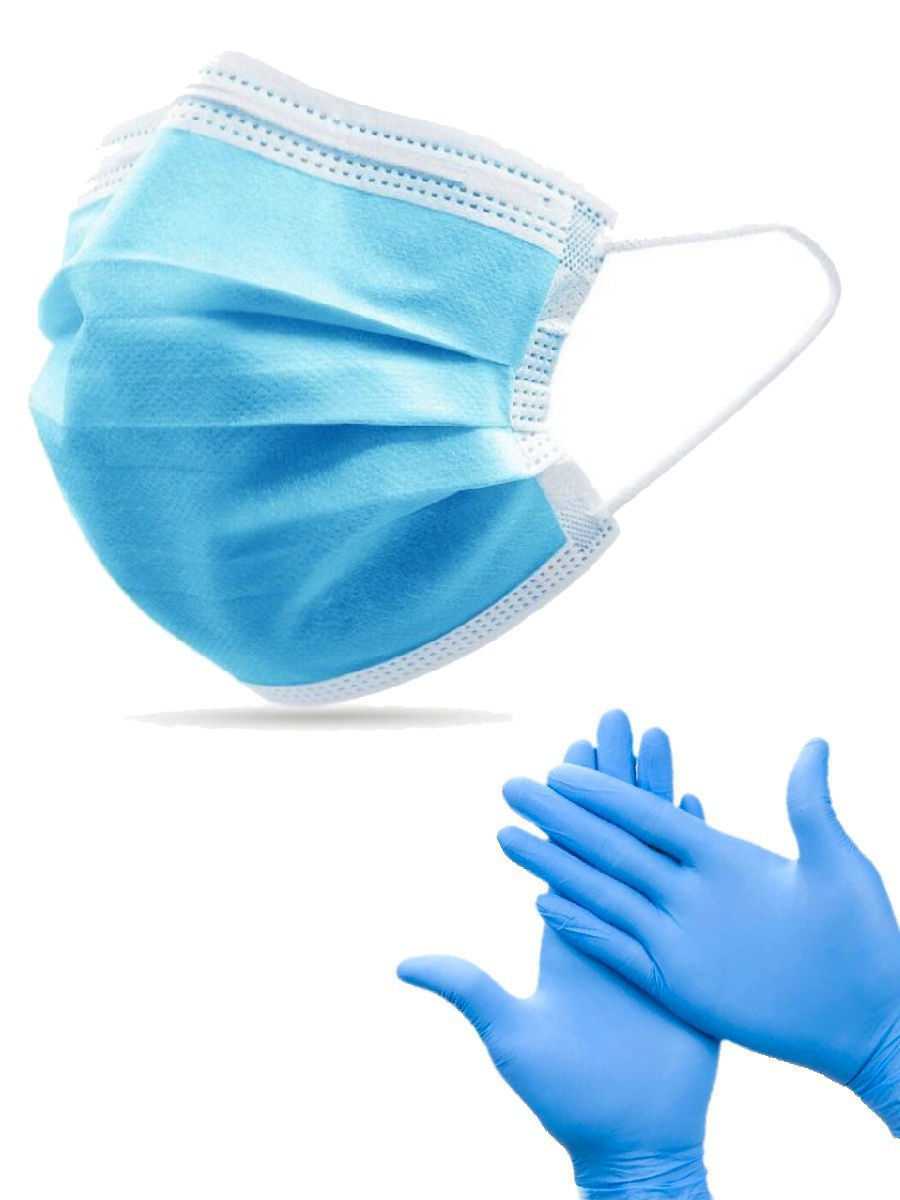Mask testing standards and export precautions

During the epidemic, masks have become a must-have for life. For better protection, we will elaborate on masks from the perspective of professional testing.
1. Mask detection classification
Medical protective masks are suitable for high-risk environments, such as fever clinics in epidemic areas, isolation wards, intubation incisions, etc.
Medical surgical masks are suitable for medical staff to wear when performing low-risk operations, such as: medical institution visits, long-term outdoor activities, and crowded areas.
Disposable medical masks are suitable for various low-density gathering places and outdoor activities, and short-term high-density places.
Self-priming filter-type anti-particulate respirator, both dust-proof mask, suitable for occupational protection, can be used to replace medical protective masks for a short time. KN95, KN90, KN100 are such masks.
Daily protective mask, suitable for wearing in daily life air pollution environment, can prevent haze.
Civil sanitary masks, the standard just released in March this year, can filter more than 95% of bacteria.
Ordinary protective masks, dust masks.
2. Mask testing standards
GB19083-2010
YY0469-2011
YY/T0969-2013
GB2626-2019
GB/T32610-2016
T/CNTCA 55-2020
T/CTCA 7-2019
EN 149
EN14683-2014
3. Mask testing items and indicators
Visual inspection, inhalation resistance, exhalation resistance, ventilation resistance, exhalation valve protection device, dead space, headband, connection and connection parts, flammability, formaldehyde content, pH value, residual ethylene oxide, particulate matter filtration efficiency , Fracture strength of connecting and connecting parts, structure and size, heavy metal content (arsenic, cadmium, cobalt, chromium, copper, nickel, lead, antimony), bacterial filtration efficiency, microorganisms, nose clip length, color fastness to rubbing (dry/ Wet), residual ethylene oxide, decomposable carcinogenic aromatic amine dyes, flame retardant properties, expiratory valve cover fastness, protective effect, visual field, biological evaluation (cytotoxicity, skin irritation, delayed hypersensitivity), Surface moisture resistance, adhesion, sterilization, synthetic blood penetration, skin irritation. The adhesion test requires 10 people to wear the same mask. This experiment will not be done temporarily.

4. Mask testing consultation
Qinsun Instruments Co., Ltd
web: https://www.qinsun-lab.com
email:info@qinsun-lab.com
email:market@qinsun-lab.com
2021-09-08 08:53


